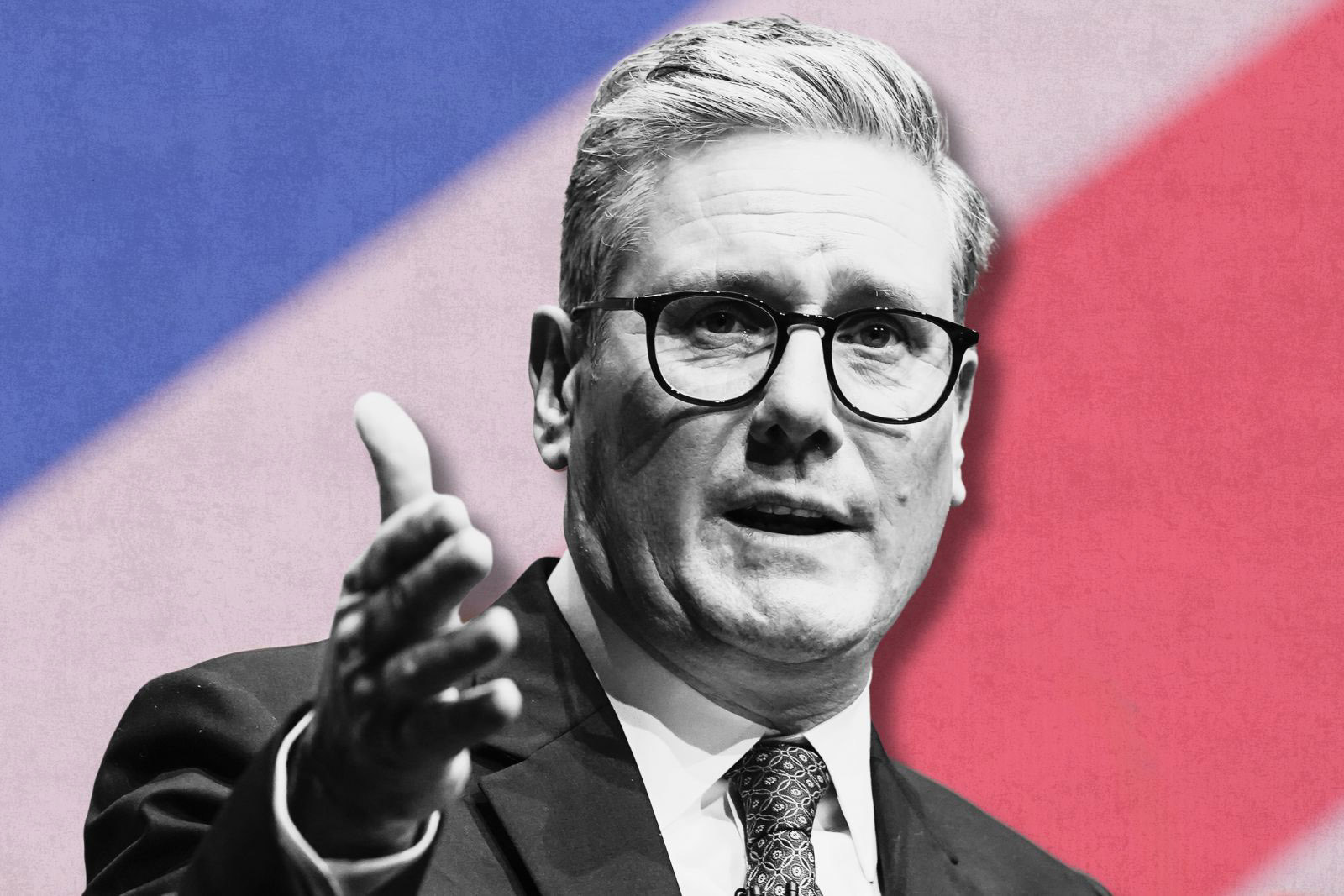Labour is learning the hard way that governing is nothing like being in opposition
Keir Starmer’s attempts to sweep away dissent over winter fuel payments, high-value donations and Gaza haven’t worked
–

Tuesday marked the first time in almost 15 years that a sitting prime minister had addressed a Labour party conference.
The moment, given the party’s huge landslide, should have been joyous for Keir Starmer. Instead, the warmest words he could manage were “there is light at the end of the tunnel”.
Overall, the message was that difficult decisions are to come — a long way from the buzz and excitement that surrounded last year’s conference, with the party on the cusp of power. Twelve months on, the responsibility of governing weighs heavy.
The row over Starmer and senior figures within the government accepting freebies has overshadowed this conference somewhat. A number of Labour MPs and members I have spoken to are unimpressed with how it has been handled. Many seemed confused about why the prime minister had doubled down on the receipt of gifts, and why it had taken so long to announce that key figures — Starmer, his wife Victoria, the chancellor Rachel Reeves and the deputy prime minister Angela Rayner — would stop accepting donations of clothes. One former Labour MP described the government’s responses to me as “tone deaf”, and said ministers seemed unable to understand why the public might be angry.
There is a higher level of scrutiny when you are in office, something that will be new to the majority of those currently serving. The reports of splits in Downing Street, criticism of Sue Gray, Starmer’s chief of staff, and repeated leaks from inside No 10 represent new territory for a government finding its feet.
Policy decisions, too, have proven to be tough. Union leaders and Labour members have demanded a non-binding vote on Wednesday calling for the government to U-turn on scrapping winter fuel payments for the majority of pensioners. One party insider told me it was important to show the public how unhappy many members are with this policy and how “deeply un-Labour” it was. However, one cabinet minister said flatly that “this conference does not set the policy of the government — it sets the policy of the Labour party”. Starmer insisted when elected that he would put “country first, party second”, but there may be some parts of the country this winter that wish he would give his own members a little more of a say.
In some ways, the vote is little more than a reminder of the political divisions that have long been present within the party: the faultline between Labour’s left and right has been one of its defining features for decades. These divisions were also present in the form of hecklers to Starmer’s and Rachel Reeves’s speeches, both criticising the government’s stance on the war in Gaza. The men who interrupted the speeches were swiftly removed — with one making accusations of excessive force — and both the prime minister and chancellor were keen to say that Labour had changed and was no longer a “party of protest”. But what these scenes show is that ignoring dissent has not simply made it go away. And these internal divisions have the potential to be more important than ever as Labour transitions from opposition to power.
There was one brief moment to celebrate for Starmer this week, as the junior doctor dispute came to an end. Sadly, that too may have opened another can of worms for the government. While junior doctors settled for a 22% pay rise over two years, nurses have rejected the government’s offer of a 5.5% pay rise. Former Tory health secretary Victoria Atkins told me she had been advised by officials not to offer inflation-busting pay rises to one part of the health service unless she was in a position to offer it to all parts. Wes Streeting, she added, “kept saying he would roll up his sleeves and get it done”. But she insists it is much more complicated to resolve one industrial dispute without worsening others.
Overall, it has been a brutal start for Labour — and things could get worse. For weeks now we have been told to expect October’s budget to be tough. The country’s finances are not in a good place, the government says, which means more unpopular decisions are probably on their way. A former Tory prime minister once told me that being in opposition is not even remotely comparable to governing; I suspect this is a lesson Labour is currently learning for itself.
Shehab Khan is an award-winning presenter and political correspondent for ITV News
Topics
Get the Hyphen weekly
Subscribe to Hyphen’s weekly round-up for insightful reportage, commentary and the latest arts and lifestyle coverage, from across the UK and Europe
This form may not be visible due to adblockers, or JavaScript not being enabled.